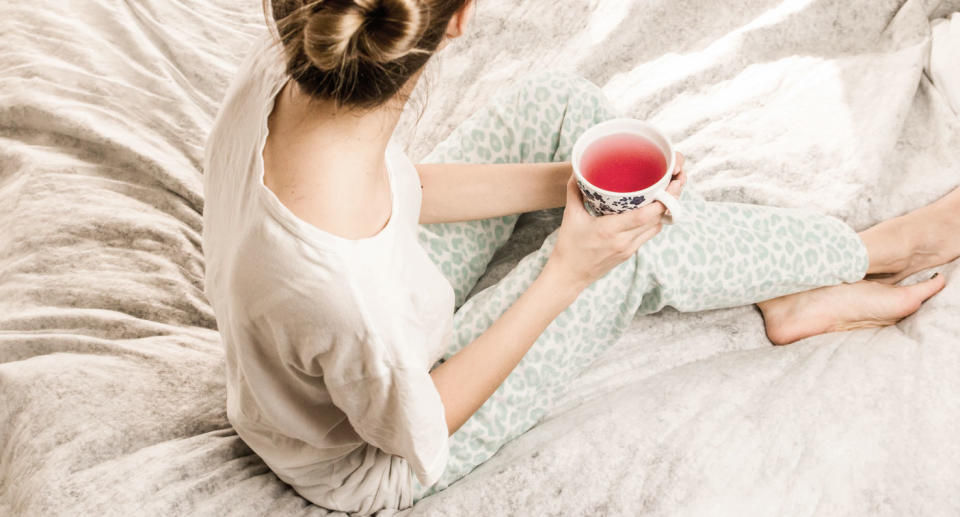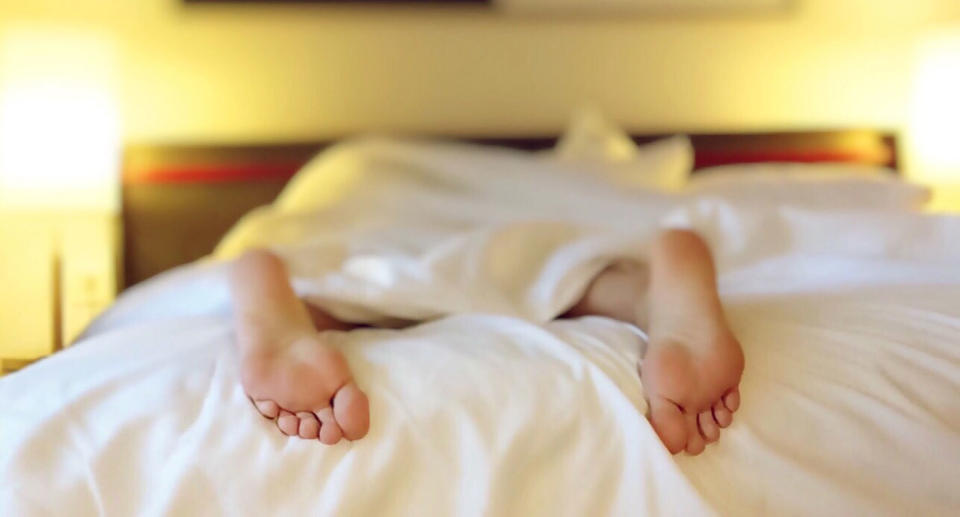How do you stop frequent night urination?

The human body produces less urine during sleep, so typically you should be able to go for six to eight hours at night without visiting the bathroom. However, if your night sleep is disturbed frequently because you have the urge to urinate, you may be suffering from nocturia, a condition that can occur in both men and women, especially at an older age.
What causes nocturia?
“There are many factors that can cause nocturia. It can be due to behavioural, social, urological, cardiac, endocrinological, ear-nose-and-throat, renal, or neurological factors, or simply physiological factors due to age,” says Dr Ng Lay Guat, Head and Senior Consultant, Department of Urology, Singapore General Hospital.
Age – hormonal changes affecting urine output
Behavioural/social – drinking excessive amounts of fluids, (e.g. tea, coffee, caffeinated beverages, alcohol) close to bedtime
Cardiac – congestive heart failure, accumulation of fluid (oedema) in legs/ankles
Endocrinological – poorly controlled diabetes, gestational diabetes
Urological/renal – urinary tract infection, an overactive bladder, prostate obstruction
ENT – excessive snoring, obstructive sleep apnoea
Neurological – stroke, Parkinson’s disease, multiple sclerosis
“Some people believe that nocturia is related to sexual function/frequency. This is a myth and there is no correlation between nocturia and sexual function,” says Dr Ng.
Nocturia can also be caused by certain medications such as diuretics, cardiac glycosides and excessive vitamin D.

How is nocturia treated?
You should consult a urologist if frequent urination at night has a significant impact on your sleep or daytime activities, advises Dr Ng. You may be asked to undergo blood tests, urine analysis and even imaging tests for the purpose of diagnosis.
Your urologist is likely to ask you to keep a voiding diary for two/three days and nights to record what you drink (volume and type), time of voiding, amount of urine output, etc.
“This helps us exclude behavioural or social issues and also points us towards the causes of nocturia. Some causes can be cured or controlled e.g. obstructive sleep apnoea, overactive bladder, congestive cardiac failure, diabetes mellitus but others are difficult e.g. age,” says Dr Ng.
Treatment will depend on the cause of nocturia. If the cause is an underlying medical condition, treating the condition is likely to resolve the problem.
In other circumstances, your doctor may advise you to make lifestyle changes such as reducing the amount of fluids you consume two to four hours before bedtime, or prescribe medication for an overactive bladder. You may also be advised to wear compression stockings to prevent fluid accumulation in your legs which affects urine output.

Related stories:
For the severely obese, bariatric surgery is a safe treatment option


